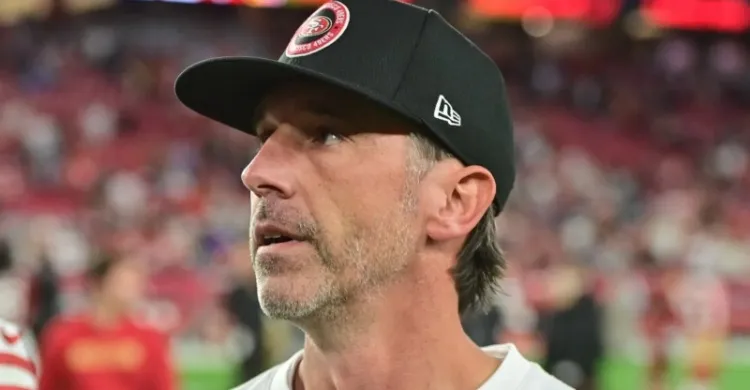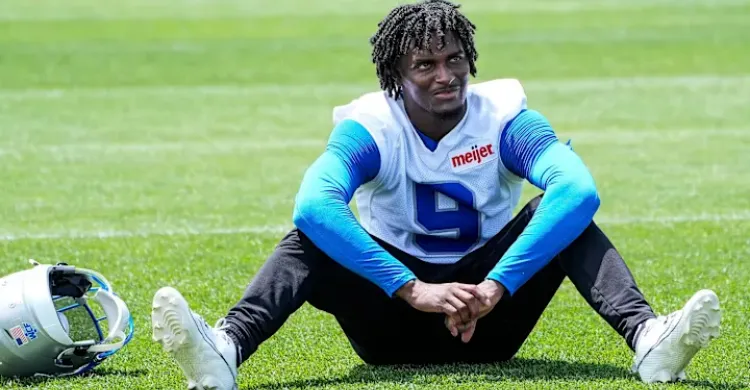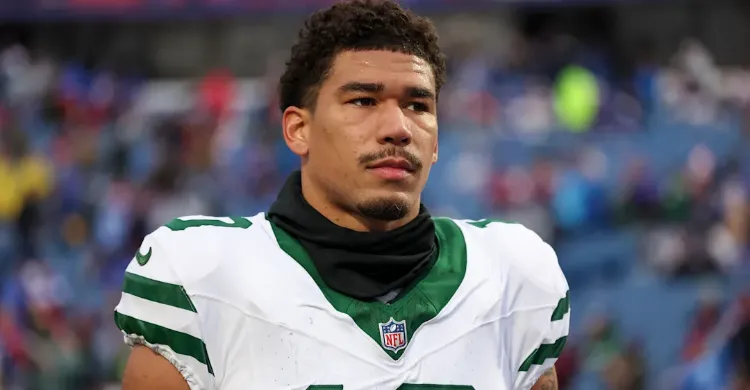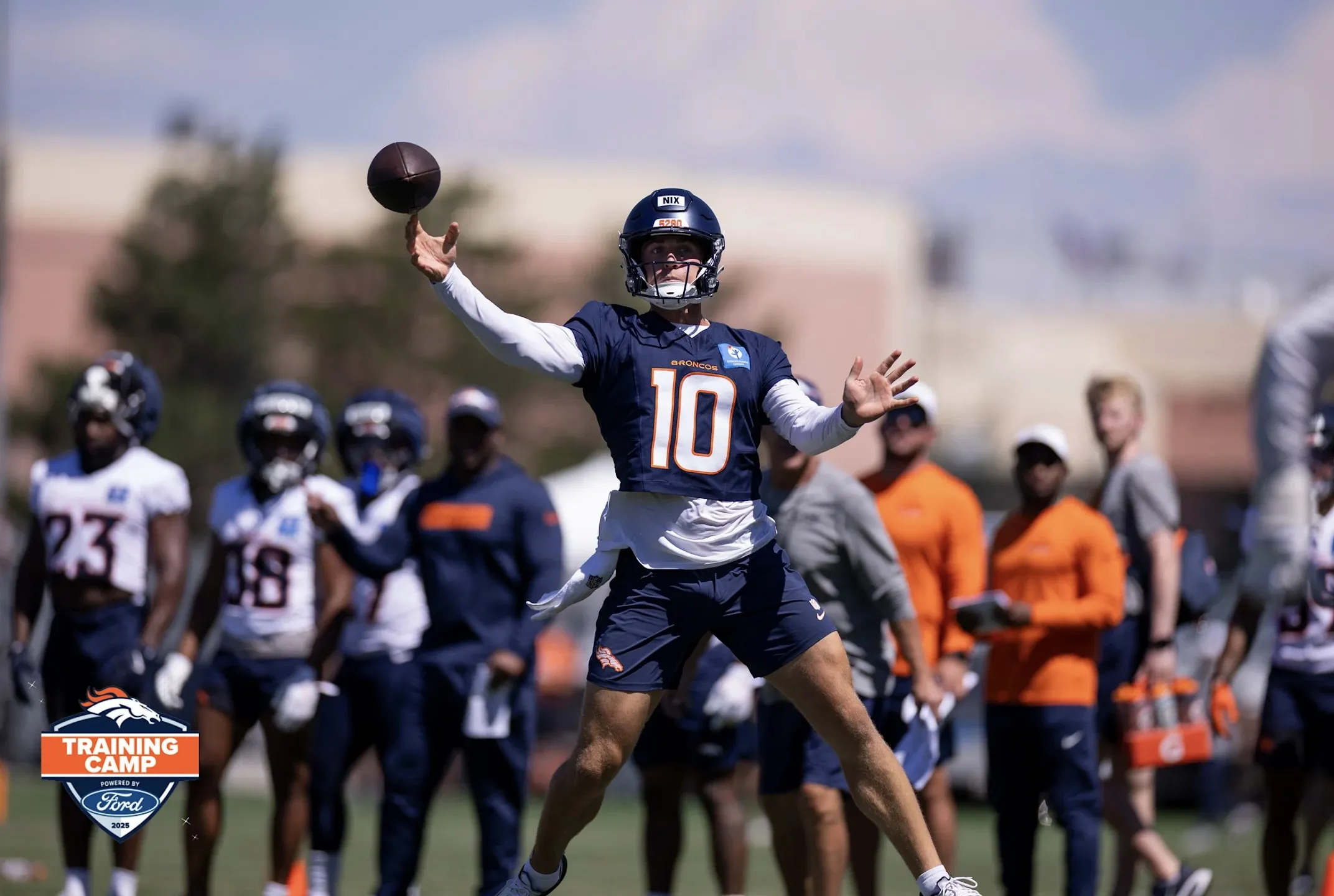The Detroit Lions have one of the most talented rosters in the NFL. It's more of a gift than a curse, but it's not all sunshine and rainbows. They’ve built this contender almost exclusively through the draft, making them one of the best at it . But with great draft classes comes great responsibility... and even greater contract extensions. Hence the curse bit.
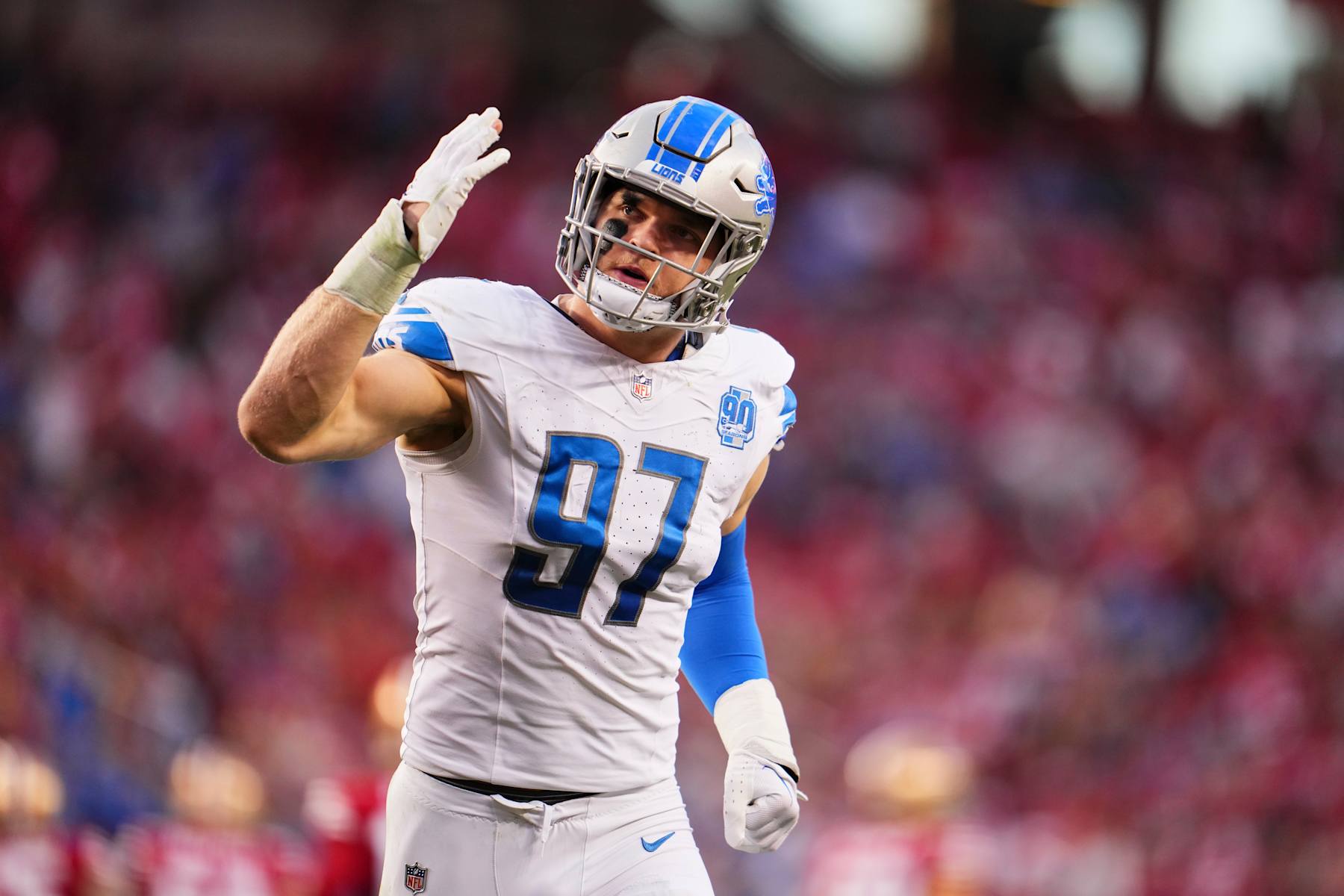
The Lions have talent everywhere, but they are unlikely to keep it all. They have already paid Amon-Ra St. Brown, Penei Sewell, Alim McNeill, and Kerby Joseph. They'll still have to pay Sam LaPorta, Brian Branch, (maybe) Jameson Williams, Jack Campbell, and Jahmyr Gibbs over the next year or two. That's a lot of names with a finite amount of dollars to go around. And of course, there’s Aidan Hutchinson — the crown jewel of the entire defense.
And based on the latest extension out of Pittsburgh, he might just reset the entire market.
Per ESPN's Adam Schefter, the Steelers and star edge rusher T.J. Watt have agreed to the highest-paid non-QB contract in NFL history with a three-year, $123 million deal ($41 million AAV). That is bonkers-level money for Watt. But the real downstream ramifications will lie directly on the Lions' shoulders and how they pursue Hutchinson.
Aidan Hutchinson is biggest winner of T.J. Watt's monster extension
The Lions have already made a habit of locking up their core guys early, and Hutchinson’s case shouldn’t be any different. He’s not only the emotional anchor of the defense but one of the most productive young edge rushers in football. That’s a dangerous combination for Detroit’s front office, especially now that Watt has effectively moved the goalposts for what elite pass rushers get paid.
Hutchinson’s camp can now argue that Watt’s $41 million AAV is the floor — not the ceiling — and use every bit of his résumé to back that up.
Despite the injury last season, Hutchinson was on pace for career highs across the board. He had 7.5 sacks and 45 pressures in just five games before getting hurt. He said he's good to go, and by all accounts, he’s expected to return to form. With Micah Parsons also still waiting on an extension, the Lions would be wise to get ahead of it before the market explodes again.
Waiting any more could easily cost them another $5–10 million per year. That’s not an exaggeration — it’s the cost of doing business in today’s NFL.
This is one of those deals that could define the next half-decade for Detroit. Hutchinson is eligible now, and while the team technically has him under control through 2026, the longer they wait, the messier it can get. A four-year extension north of $160 million wouldn’t be surprising, especially if they want to include void years or build in flexibility.
Whatever structure they land on, the Lions know they’re going to have to pay big time. The only question is whether they want to do it on their terms — or someone else’s.

